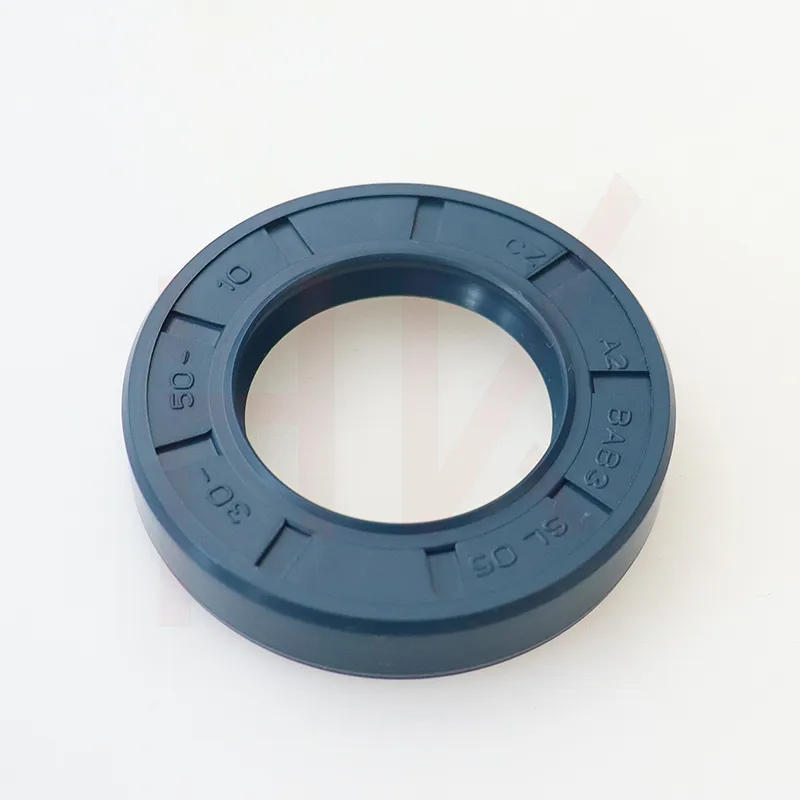ታኅሣ . 18, 2024 16:44 Back to list
Hydraulic Oil Seals for Enhanced Performance and Leak Prevention in Equipment
Understanding Oil Seal Hydraulics Key Features and Applications
Oil seals play a crucial role in hydraulic systems by preventing the leakage of fluids while ensuring the smooth operation of machinery. Often referred to as rotary seals, these components are essential in various applications, including automotive, industrial machinery, and agricultural equipment. This article will explore the significance of oil seals in hydraulics, their structure, types, and applications.
What is an Oil Seal?
An oil seal, also known as a shaft seal or rotary shaft seal, is a device used to seal the gap between two components, preventing the leakage of lubricants and fluids. Typically made from elastomeric materials like rubber or thermoplastics, oil seals are designed to fit around rotating shafts. They create a barrier between the moving parts and the external environment, preventing contaminants from entering the system while retaining essential lubricants.
How Oil Seals Function in Hydraulic Systems
In hydraulic systems, oil seals are imperative for maintaining pressure and ensuring efficient operation. Hydraulic systems rely on pressurized fluid to transfer power and perform tasks. If any leakage occurs due to worn, damaged, or improperly installed seals, it can lead to pressure drops, reduced efficiency, and potential damage to components. Oil seals work by utilizing a flexible lip that makes contact with the rotating shaft, creating a tight seal. This design allows for both the prevention of fluid leakage and the minimization of wear and tear on the sealing surfaces.
Types of Oil Seals Used in Hydraulic Applications
1. Single Lip Oil Seals These are the most commonly used seals in hydraulic applications. They feature a single sealing lip that contacts the shaft directly, making them suitable for preventing internal fluid leakage.
2. Double Lip Oil Seals With two sealing lips, these seals provide an added layer of protection against contaminants, making them ideal for harsh operating conditions where external debris can pose a threat to system integrity.
3. Spring-Loaded Seals These oil seals incorporate a spring mechanism that maintains constant pressure against the shaft. This design helps compensate for wear over time and ensures long-lasting sealing performance.
oil seal hydraulic

4. V-Rings and U-Rings While technically not traditional oil seals, these are also used in hydraulic systems. V-rings create a flexible sealing surface on rotating shafts, while U-rings are often employed in rod seal applications.
Applications of Oil Seals in Hydraulic Systems
Oil seals are utilized in various hydraulic applications across multiple industries
- Automotive Industry Oil seals are essential in vehicles for sealing engine components, transmissions, and differentials. They prevent oil leaks, which can lead to engine failure or performance issues.
- Industrial Machinery Numerous machines, including hydraulic presses and injection molding machines, rely on oil seals to maintain fluid pressure and prevent leaks.
- Agricultural Equipment Tractors and other farming machinery incorporate oil seals to ensure that hydraulic systems operate efficiently, supporting tasks like lifting, steering, and soil cultivation.
- Aerospace and Marine Applications In industries where environmental conditions can be extreme, oil seals provide crucial protection against fluid leaks and contamination, ensuring the reliability of hydraulic systems.
Conclusion
Oil seals are vital components in hydraulic systems, safeguarding against fluid leaks and enhancing overall system efficiency. With various types available to meet the demands of different applications, selecting the right oil seal ensures optimal performance and longevity of equipment. As industries continue to prioritize efficiency and reliability, understanding the function and importance of oil seals in hydraulics is essential for engineers, mechanics, and operators alike. By investing in quality oil seals and maintaining them properly, organizations can minimize downtime and extend the lifespan of their hydraulic systems.
-
Unlocking the Potential of Hydraulic Systems with Essential Sealing Solutions
NewsAug.06,2025
-
Unleash the Power of Your Hydraulic Systems with Our Premium Seal Kits
NewsAug.06,2025
-
Specialized Hydraulic Seal Kits for Breakers, Pistons, and Presses
NewsAug.06,2025
-
Revitalize Hydraulic Systems with Premium Repair and Seal Kits
NewsAug.06,2025
-
Fortify Your Cylinders with Premium Sealing Solutions
NewsAug.06,2025
-
Elevate Hydraulic System Reliability with Specialized Seal Kits
NewsAug.06,2025
-
TCN Oil Seal Metal Ring Reinforcement for Heavy Machinery
NewsJul.25,2025
Products categories
















